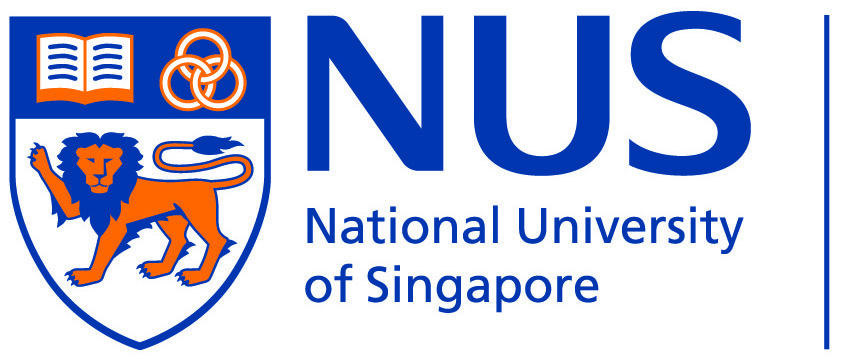Unlocking the interactive physics in two-phase chemically reacting flows with high-performance computing
Zhang Huangwei, Assistant Professor, Department of Mechanical Engineering, NUS
Two-phase chemically reacting flows widely exist in engineering practise, such as propulsion system, power generation, industrial hazard prevention, and nanomaterial flame synthesis. Normally they include dispersed droplets or particles in a continuous gas phase field, where elementary chemical reactions proceed. Comprehensive interactions occur between these two phases, which however renders it difficult to accurately articulate how the dispersed droplets behave and influence the reacting flow dynamics. As a research team in NUS, we aim to unveil the underlying interactive mechanisms behind the chemically reacting flows based on high-fidelity numerical simulations and advanced data analysis method.
We are utilizing the NSCC computational resources to work on a wide range of fundamental studies associated with two-phase reacting flows. They include liquid fuel spray flames, hydrocarbon/hydrogen detonation, explosion inhibition with water mists, high-efficiency detonation-based energy conversion technology, and combustion synthesis of nanomaterials. The research outputs provide the general scientific solutions for the relevant areas of low-emission and high-efficiency fuel and combustion, novel nanomaterial synthesis or manufacturing method, industrial safety, and urban resilience.
The advanced computing environment and CPU resources in ASPIRE 1 from NSCC provide a significant support for our research activities. With them, we can accurately simulate the droplet phase and gas phase in a temporally and spatially evolving event, through tracking a huge amount of Lagrangian particles and discretizing the gas phase field with ultra-fine resolutions. High-fidelity data from NSCC is then mined with advanced analysis method, e.g. chemical explosive mode analysis, to identify the dominance of chemical species and/or elementary reactions and therefore pinpoint the interactions between the two-phases.
Besides, the scientific computing or mathematical analysis libraries, such as GSL, also offer the versatile solutions for the researchers in our team to data post-processing and theoretical analysis. Additionally, the huge simulation data from large calculations can also be safely placed in the data storage space in NSCC.
“Unlocking the interactive physics in two-phase chemically reacting flows necessitates highly-resolved flows, accurately tracked droplets, detailed chemical reactions, high-fidelity numerical algorithms, and data mining techniques, and excellent computational power. NSCC offers us the last one, so that we can focus ourselves on the rest. This is what we rely on to explore the unknown and tell the scientifically reliable stories to our international colleagues and also everyone.”
—- Assistant Professor Zhang Huangwei, Department of Mechanical Engineering, NUS
“As a research fellow in NUS, my research interest is numerical simulation of detonative combustion, which requires a lot of parallel computing resources. Without the powerful computing resources of NSCC, it would be difficult for me to carry out my scientific research.”
—- Dr Zhao Majie, Department of Mechanical Engineering, NUS
“The famous scientist Isaac Newton says, “If I have seen further it is by standing on the shoulders of Giants.” For me, NSCC is the shoulders of Giants. With the aid of NSCC, I can gain a deeper insight into the nature of the extinction process of gas detonation in the water sprays.”
— PhD student Xu Yong, Department of Mechanical Engineering, NUS

